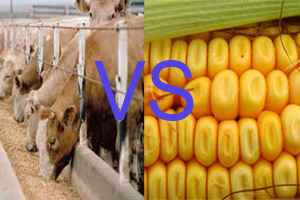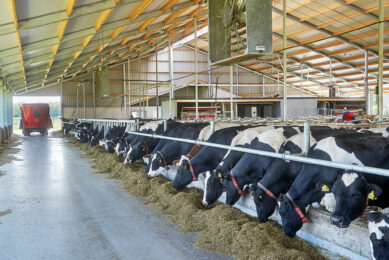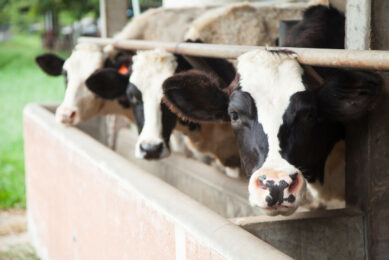Shedding light on the feed vs food issue

A group of scientists from the Council for Agricultural Science and Technology (CAST) issued a report recently examining the facts and providing science-based research to clarify the “feed vs. food” issue.
In this CAST Issue Paper, scientific experts addressed the knowledge gap that exists as to the quantity of human food and fibre by-products used within animal agriculture.
The experts, led by Jude L. Capper of Montana State University, provide credible information about the “feed vs. food” issue, providing the following clarifications:
• The global livestock industry faces considerable challenges as the population grows, and demands for more food must be aligned with concerns about the environment, economy and sustainability. Many do not realize the productivity gains made by modern practices, by-product feeds and technology.
• Global animal agriculture provides safe, affordable, nutrient-dense foodstuffs that support human health and well-being as part of a balanced diet as well as many by-products that benefit humans.
• Livestock production is important in the economic and social sustainability of developed and developing countries alike.
• Large areas of land are incapable of supporting the production of human food crops. Terrain, soil type and climate render the majority of land currently used for grazing unsuitable for production of vegetable-based foods, yet forages can be efficiently converted by ruminant animals into meat and milk products.
This paper emphasises that improved communication is needed between livestock production stakeholders and the consumer to further a better understanding of the economic, environmental, nutritional, and social advantages conferred by animal agriculture on a global and regional basis.
For a copy of the full text, click here. Refer to the CAST website for a video presentation.











